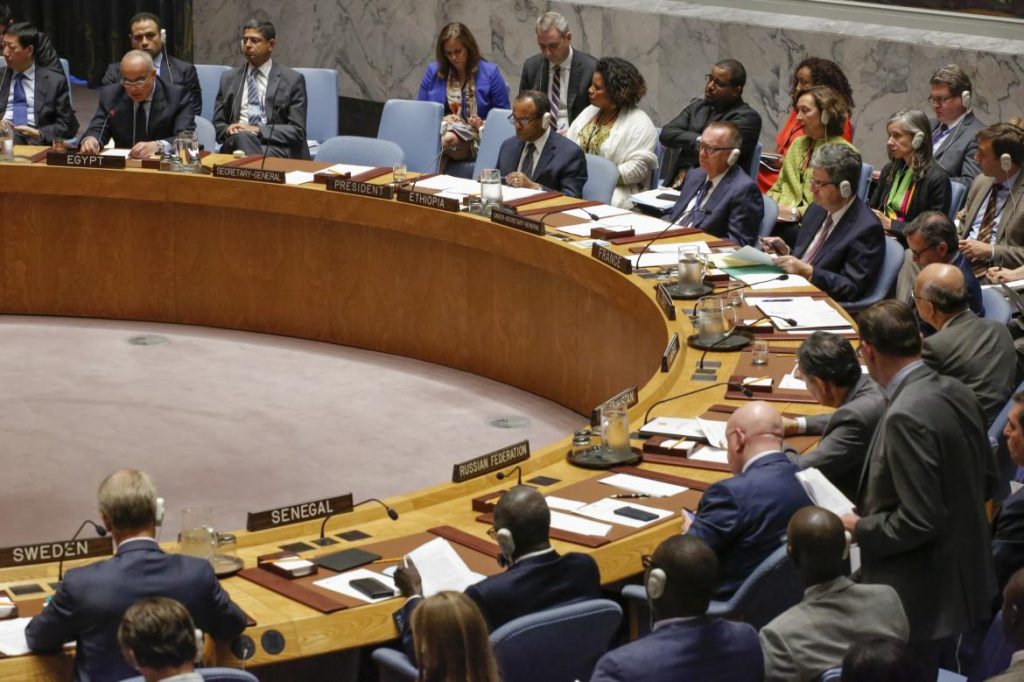By AFP
COX’S BAZAR, Bangladesh — The United Nations Security Council will hold an urgent meeting to discuss violence barrelling through Rakhine State, after the UN’s rights chief warned that “ethnic cleansing” appeared to have driven the flight of over 300,000 Rohingya from the country.
The remote border region was plunged into crisis after the Arakan Rohingya Salvation Army attacked police posts in late August, prompting a military backlash that has sent nearly a third of the Muslim minority population fleeing to Bangladesh.
Rohingya refugees fleeing the unrest have told stories of soldiers and Buddhist mobs burning entire villages to the ground, while the government blames militants for the arson.
On Monday the United Nations rights chief, Zeid Ra’ad Al Hussein, said the violence seemed to be a “textbook example of ethnic cleansing”.
Support more independent journalism like this. Sign up to be a Frontier member.
Hours after the warning, the Security Council announced it would meet Wednesday to discuss the crisis, which has heaped global opprobrium on Myanmar’s government.
Late Monday State Counsellor Daw Aung San Suu Kyi’s office said Myanmar “welcomes the statements issued by the United Nations and a number of countries firmly condemning the terrorist attacks,” without mentioning the UN’s charge of ethnic cleansing.
The statement also defended the military’s operations as part of their “legitimate duty to restore stability”, saying troops were under orders “to exercise all due restraint, and to take full measures to avoid collateral damage and the harming of innocent civilians”.
Britain and Sweden requested the urgent UNSC meeting amid growing international concern over the ongoing violence, with fellow Nobel peace laureates urging Suu Kyi to intervene.
The council met behind closed doors in late August to discuss the violence, but there was no formal statement.
UN diplomats have said China, one of Myanmar’s top trade partners, has been resisting involvement by the top UN council in addressing the crisis.
“It’s a sign of the significant worry that Security Council members have about the situation that is continuing to deteriorate for the many Rohingyas who are seeking to flee Rakhine State,” British Ambassador Matthew Rycroft told reporters.
Humanitarian crisis
The UN special rapporteur on human rights in Myanmar has said the latest violence may have left more than 1,000 dead, most of them Rohingya.
The exodus, topping 313,000 people, has sparked a humanitarian crisis in Bangladesh, where refugee camps were already overcrowded and food and other aid is in short supply.
Most refugees have walked for days in harrowing journeys across rivers and through jungle, arriving sick, exhausted and in desperate need of shelter, food and water.
Tens of thousands of ethnic Rakhine as well as Hindus have also fled their homes inside the state, where aid programs have been severely curtailed due to the violence.
Dhaka, which initially tried to block the Rohingya from entering, said Monday that it would start registering all new arrivals.
The Bangladesh government plans to build a huge new camp that will house a quarter of a million refugees.
But it remains unclear when or whether they will be able to return.
On Sunday, ARSA declared a unilateral ceasefire to allow aid to reach the increasingly desperate refugees.
There was no direct response from Myanmar’s military, though government spokesman Zaw Htay tweeted: “We have no policy to negotiate with terrorists.”







